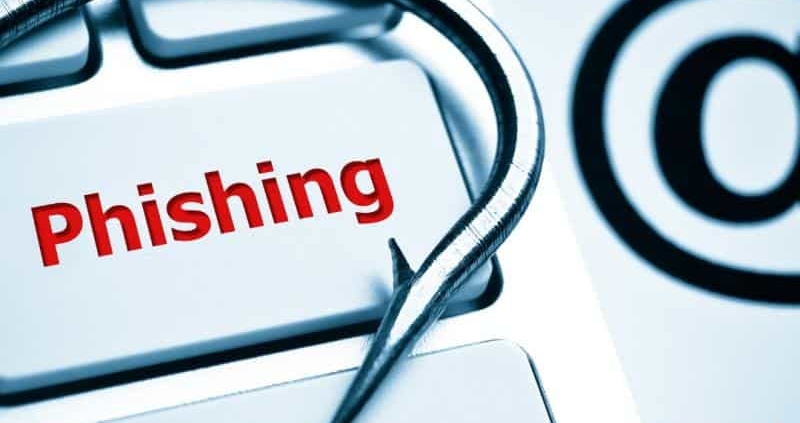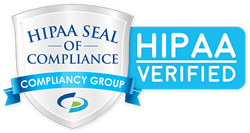Let’s start with phishing. Phishing is a cybercrime in which a target or targets are contacted by email telephone or text message by someone posing as a legitimate institution to lure individuals into providing sensitive data such as personally identifiable information (PII) banking credit card details and passwords.
The information is then used to access important accounts and can result in identity theft and financial loss.
Unfortunately this type of cybercrime is alive and well. Do your employees know how to spot a phishing email? If not your entire office may be at risk. Depending on the complexity of the scam once a link is clicked the attacker can have instant access to precious data. Other programs may be slower to infiltrate your systems. Either way you need to be prepared.
We’ve got you covered. A well-designed security program that starts with employee education will protect your infrastructure with perimeter security access control authentication data integrity and confidentiality and anomaly detection. This is our wheelhouse. We specialize in custom security systems specified to your needs. And you’d be surprised at the cost! It shouldn’t cost an arm and a leg to protect your business. And with us it won’t.
Next up is ransomware which we’ve seen less of in the past few years. Nonetheless it is important to secure your systems so this may never harm your company. Because if it did it may cost enough to shut down your business for good. (Read about cybercrime here.)
Ransomware is a form of malicious software (or malware) that once it’s taken over your computer threatens you with harm usually by denying you access to your data. The attacker demands a ransom from the victim promising — not always truthfully — to restore access to the data upon payment.
Here are some ways to prevent ransomware:
- Keep your operating system patched and up-to-date to ensure you have fewer vulnerabilities to exploit.
- Don’t install software or give it administrative privileges unless you know exactly what it is and what it does.
- Install antivirus software which detects malicious programs like ransomware as they arrive and whitelisting software which prevents unauthorized applications from executing in the first place.
- And of course back up your files frequently and automatically! That won’t stop a malware attack but it can make the damage caused by one much less significant.
We work tirelessly so that you can rest assured your business is protected. Give us a call today to find out your options.



